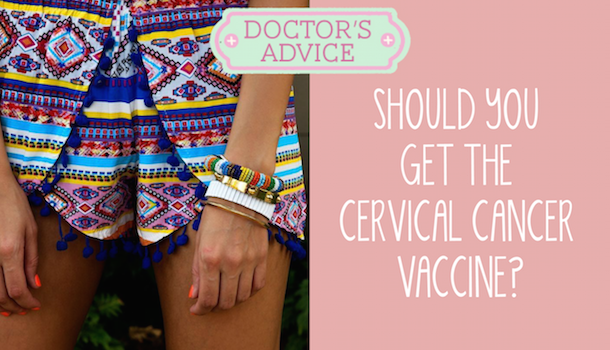
Vaccines are a hot topic these days, particularly for our little ones. Please welcome Dr Cheryl Kam to examine the safety and effectiveness of the Cervical Cancer vaccine – and break down whether you and your kids should get it.
What is HPV?
In America, 20 million people have Human Papillomavirus (HPV) infection, 12,000 women are diagnosed with cervical cancer, and 4,000 women a year die from it.
Beginning in the the mid 1980s, work got underway to develop a vaccine that could protect young women from these infections, in order to save lives otherwise lost to cervical cancer.
In 2006, the first quadrivalent vaccine was approved by the FDA. Before the vaccine came to fruition, 500,000 women worldwide each year were diagnosed with cervical cancer, with 200,000 deaths resulting. Studies subsequently found HPV to be the causative agent of almost all cervical cancers.
HPV is the most common sexually transmitted infection (STI), and most sexually active men and women will have had it at one point in their lives. It thankfully does not have any effect on fertility.
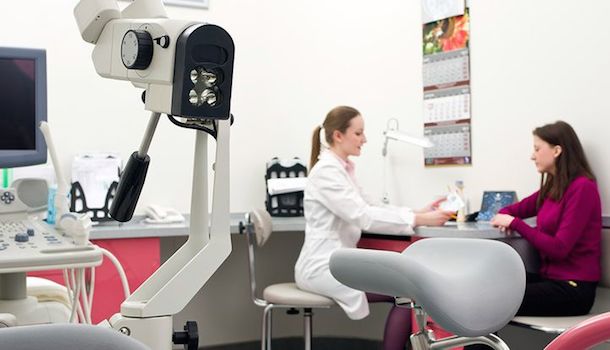
Gardasil® (quadrivalent types 6, 11, 16, and 18) and Cervarix® (bivalent types 16 and 18) are two available brands of vaccines protecting against infection with the high-risk types of Human Papillomavirus (HPV). Each is a three-dose vaccine completed within 6 months of the first dose.
The lowdown on each vaccine is laid out in the table below:
| Gardasil | Cervarix | |
| Protect against the following HPV sub-types | 6, 11, 16, 18 | 16, 18 |
| Vaccination timings | 0, 2 and 6 months | 0, 1 and 6 months, or as advised by your doctor. |
| Approved indications | Prevention of cervical cancer, vulvar cancer, vaginal cancer and genital warts | Prevention of cervical cancer |
| Approved age for use | Girls and women aged 9 to 26 years, or advised by your doctor. | Girls and women aged 9 to 25 years, or advised by your doctor. |
- Both have been shown to have 100% effectiveness against high-risk strains 16 and 18 over a 10-year period.
- They have been shown to have long-term safety, and have few side effects, if any.
- For maximal benefit, the vaccine should be given before the onset of sexual activity, as it does not protect against pre-existing HPV infections.
- It is recommended in national vaccination guidelines in Singapore, Australia, UK and USA for boys and girls at ages 11-12.
- It is also recommended for those aged 13-26 regardless of sexual activity.
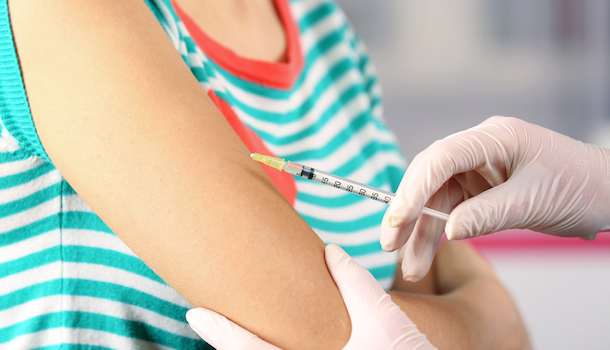
My daughter is so young, do I really have to think about this now?
For maximum benefit, the vaccine should be given before the onset of sexual activity, as it does not protect against pre-existing HPV infections. Thinking about the vaccine when their kids are pre-teens admittedly expedites parents’ acceptance of their kids’ future reproductive abilities, and we know this can be uncomfortable, but 11-12 age is the ideal age as it produces a greater immune response in pre-teens than it does in teens or older adults.
Ultimately, there is no reason to wait until a teen is sexually active to offer HPV vaccination to them. Getting the vaccine should not promote sexual promiscuity; there are other more dangerous sexually transmitted diseases to think about.
How about my son?
Gardasil is also for boys, preventing them from getting HPV strains associated with cancers of the throat, penis and anus. It also prevents genital warts. When boys are vaccinated, they are less likely to spread HPV to their future partners.
I’m a teen, and have already had my first sexual experience…is it worth getting the vaccine?
Yes. The vaccine serves to protect against high-risk HPV types that you may not have been infected with previously. Always have a discussion with your doctor in order to make an informed decision.
I’m a young mama and pregnant. Can I have the vaccine?
No. There is no reliable data to show it is safe in pregnancy, therefore it is best avoided until after delivery. Gardasil is safe for lactating mums.
I’m pregnant and never got vaccinated. Will having HPV affect my pregnancy?
If you are pregnant and have HPV, as with non-pregnant women, you may get genital warts, or abnormal cell changes on your cervix. Abnormal cells are found during PAP smears, and if you are pregnant you should still go for your routine PAP smears.
In the majority of women, HPV does not present any risk on the normal development of your baby, and vaginal delivery is still appropriate.
I’m above 26, can I get vaccinated?
HPV vaccines have not been licensed for those above 26, so although they are safe, administration of the vaccine will be off-label and at your doctor’s discretion.
A discussion with your doctor about the cost and benefits of getting the vaccination would be most useful for you.
I’ve had the HPV vaccine. Do I still need to do PAP smears?
Yes. PAP smears are still recommended every two years for all women between the ages of 21 and 65 years old, regardless of age of first sexual intercourse, or other risk factors. This is because neither of the vaccines protect against ALL cervical cancers.
A PAP Smear is a painless procedure where some cells are taken from the cervix and sent to the lab. It takes approximately 15 minutes in the clinic setting, and can be done with your friendly family doctor, or with a gynaecologist.
In summary, the vaccine against HPV (Human Papillomavirus) is a fabulous and safe way of preventing cervical cancer, and is best done at 11-12 years old for boys and girls.
Be sure to book in with your family doctor to get your family’s vaccines sorted!
Lead image sourced via Pinterest, Image #1 sourced via Pinterest, Image #2 sourced via Shutterstock
References
www.cdc.gov/cancer/cervical/pdf/guidelines.pdf
www.medscape.com/viewarticle/589569
www.cdc.gov/std/HPV/STDFact-HPV.htm
www.who.int/bulletin/volumes/85/9/06-038414/en/






 View All
View All
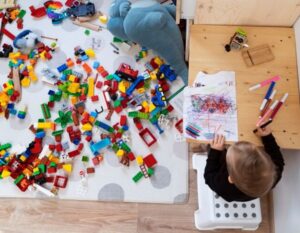




 View All
View All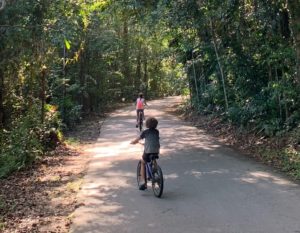









 View All
View All


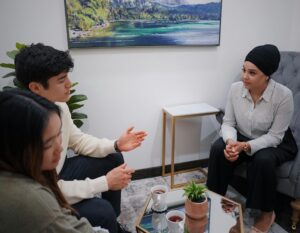


![[𝗦𝗔𝗩𝗘 𝗧𝗛𝗜𝗦] 𝗙𝗿𝗲𝗲 𝗔𝗰𝘁𝗶𝘃𝗶𝘁𝘆 𝗙𝗼𝗿 𝗞𝗶𝗱𝘀 𝗪𝗵𝗼 𝗟𝗢𝗩𝗘 𝗙𝗶𝗿𝗲𝘁𝗿𝘂𝗰𝗸𝘀! 🚒🔥
Skip the usual mall stroll and check out the Civil Defence Heritage Gallery! It’s free, air-conditioned, and housed in Singapore’s very first fire station, just across from Funan Mall.
Spanning two full floors, the gallery dives into Singapore’s firefighting history, major rescue missions, and the evolution of the SCDF. There are interactive exhibits, immersive displays, and even emergency preparedness tips for the public.
Bonus: Selected fire stations also host Saturday morning open houses with guided tours where you can watch fire gear demos, meet firefighters, and see those high-pressure water sprays in action!
𝗛𝗼𝘄 𝗺𝘂𝗰𝗵? FREE
𝗪𝗵𝗲𝗿𝗲? 62 Hill St, Singapore 179367
𝗢𝗽𝗲𝗻𝗶𝗻𝗴 𝗵𝗼𝘂𝗿𝘀? 10 am–5 pm (Closed on Mondays)
Comment “Fire” or link in bio for more details!
Tag your parent crew and plan your next adventure with the little ones! 👨👩👧👦💥
.
.
.
.
.
.
.
#SGFireStation #SCDFGallery #ThingsToDoWithKidsSG #FreeFamilyFun #SGParents #KidFriendlySG #FiretruckLovers #MuseumAdventure #SCDF #HeritageGallery #SGMums #FamilyWeekendSG #LearningThroughPlay #SingaporeWithKids](https://www.sassymamasg.com/wp-content/plugins/instagram-feed/img/placeholder.png)
